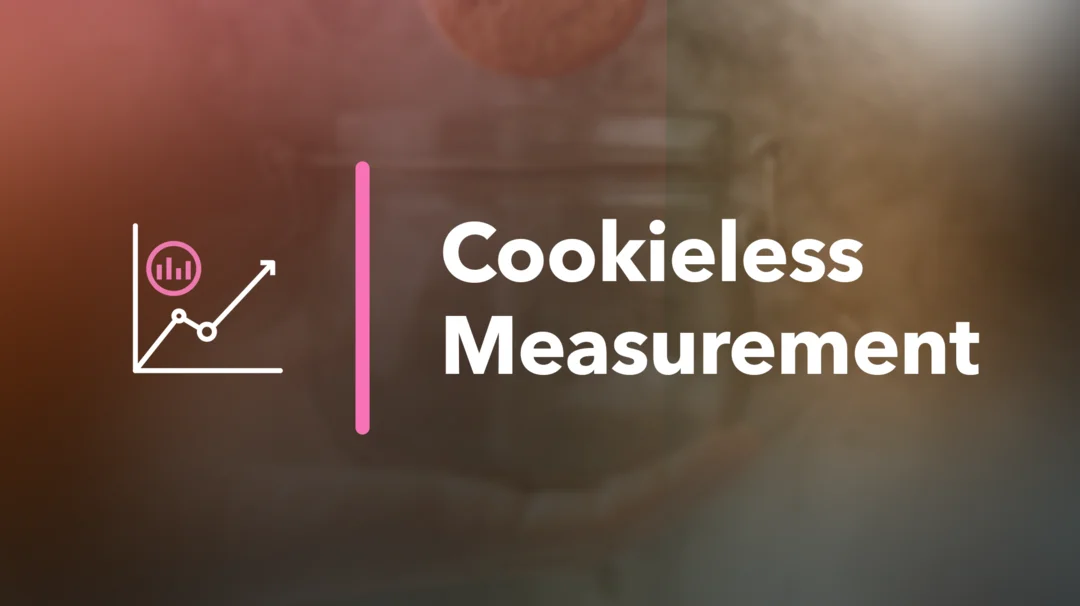Old-school contextual advertising has evolved with new capabilities to improve ad performance, including audience segmentation, behavior, and engagement. This article covers what ad buyers need to know to start experimenting.
Why it matters — As third-party cookies are deprecated, advertisers need to explore alternative ways to purchase high-quality ad space. Contextual advertising is evolving with new opportunities for ad buyers to achieve an improved ROI. This isn’t the old-school contextual advertising where ads are simply matched to relevant content. In this new approach, buyers can use user behavior and engagement metrics to improve relevance. For ad buyers to blend this new approach with future media plans, they must understand the new capabilities and how to evaluate them.







